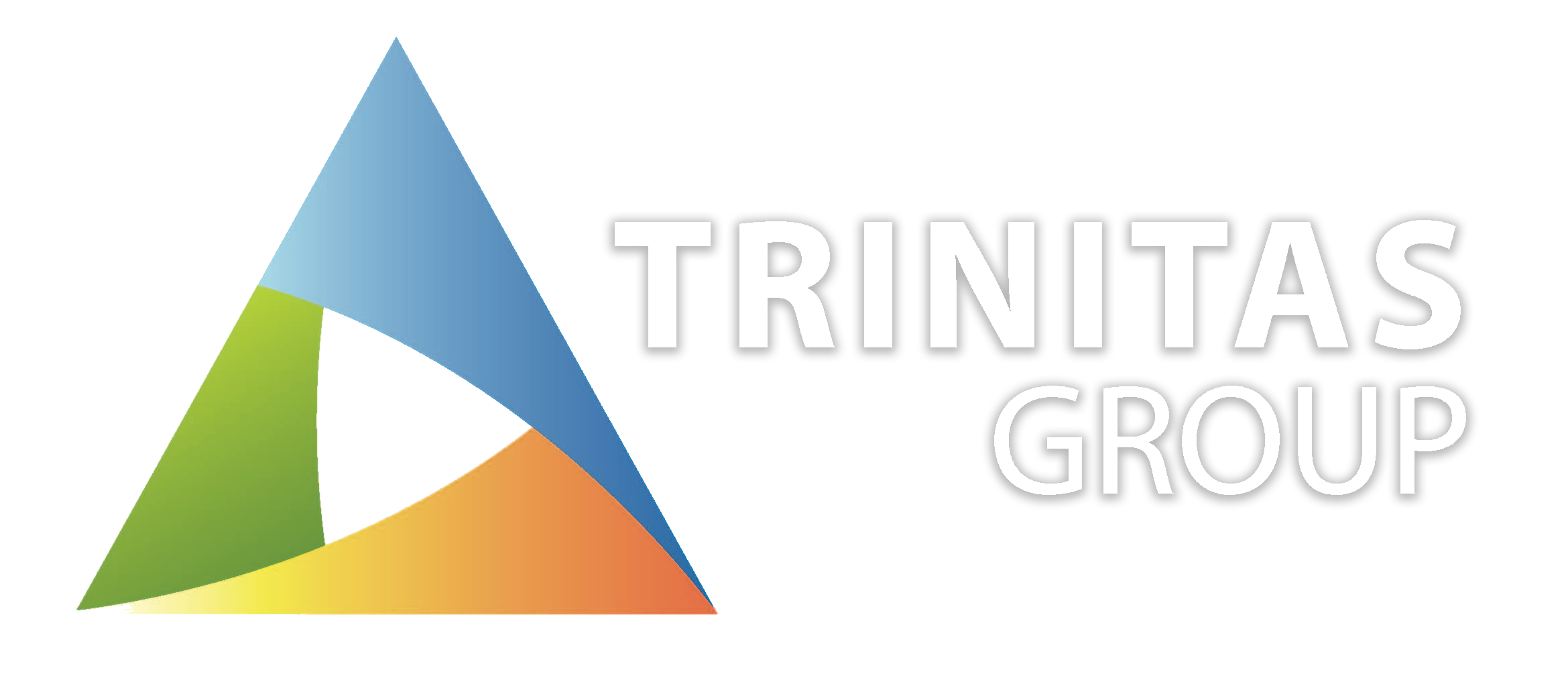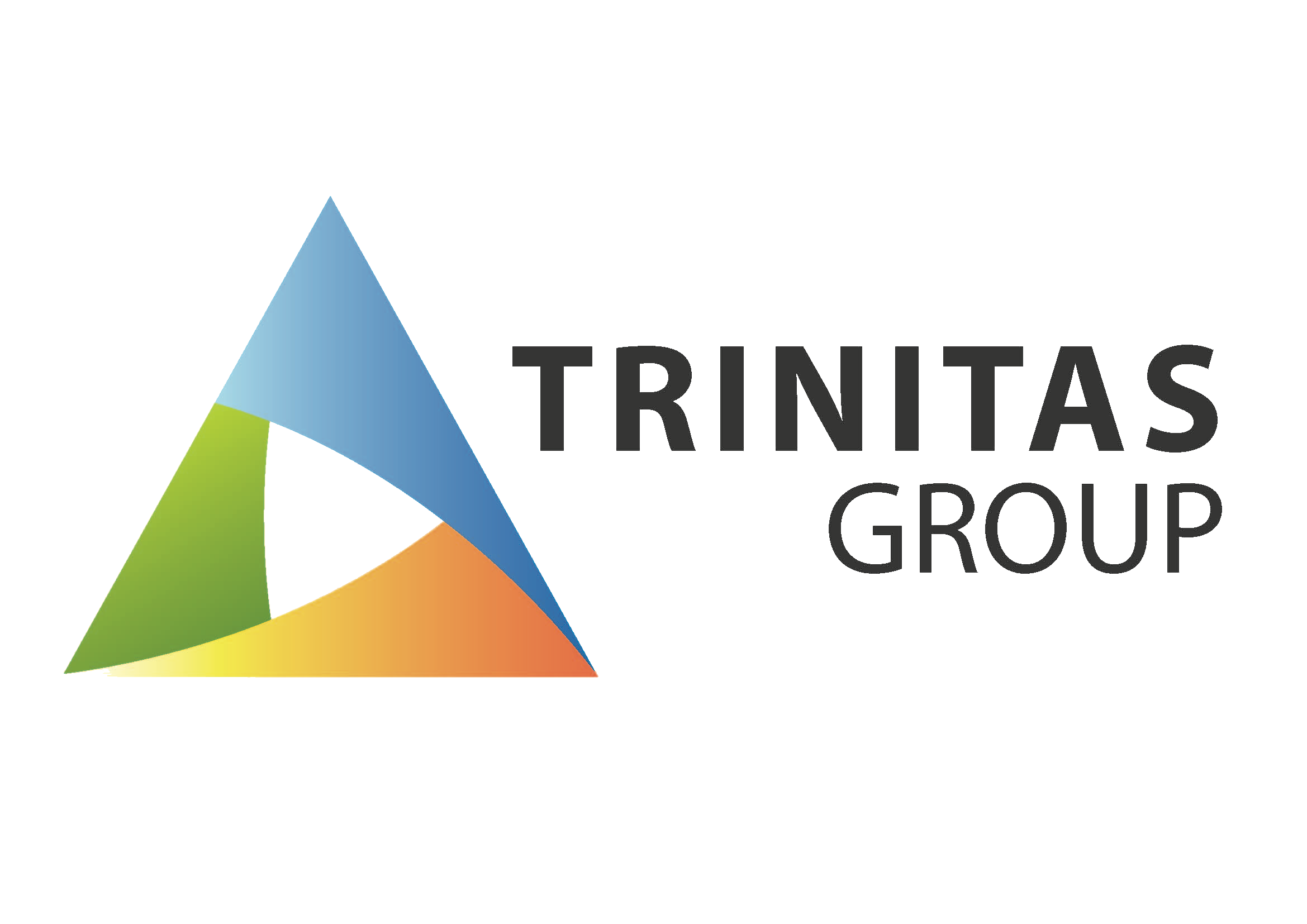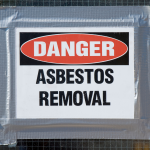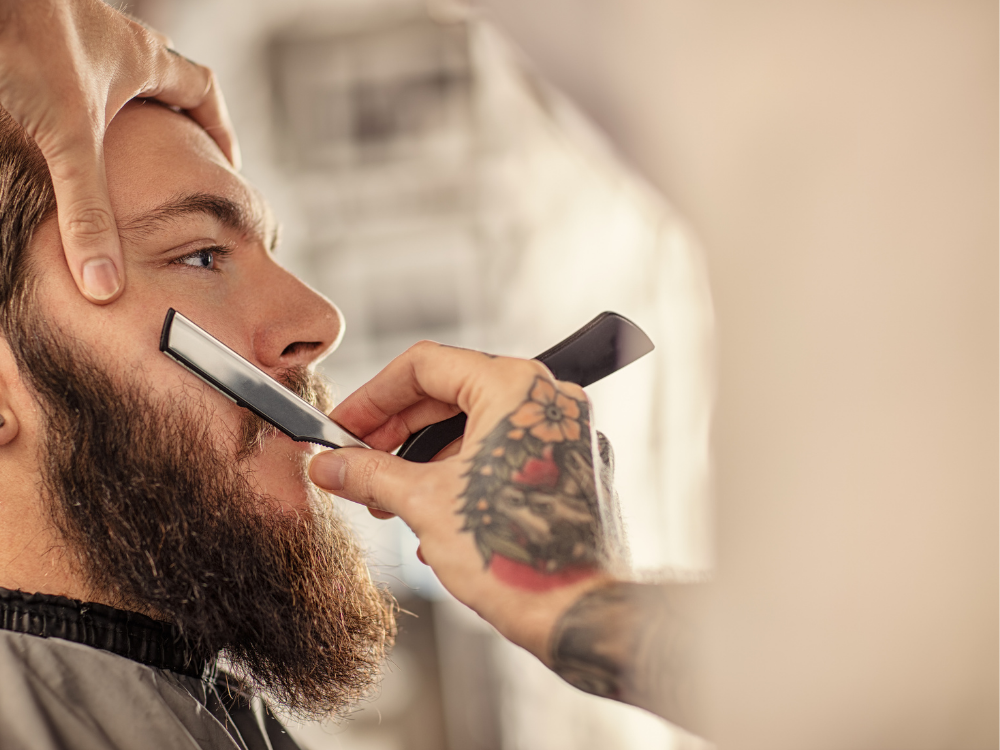Beards on construction sites may soon be a thing of the past as New Zealand’s workplace health and safety regulator launches a new campaign called Life Shavers. It aims to encourage tradies to ensure they’re clean-shaven to ensure their PPE is as protective as possible.
A close-fitting personal respiratory protective device means that workers are better protected against airborne particles, including deadly asbestos and silica dust. Workers unwilling to shave their beards can use powered air-purifying respirators instead of masks to ensure safety.
Some barbers are attending construction sites to help workers achieve the best possible fit for their PPE as part of the campaign.
One construction director in Christchurch explained that “for us as employers, it’s very important that these guys are safe and are not breathing in these products.”
He said it was good to get in the barber’s chair and set a good example to the rest of the team.
WorkSafe technical specialist for work-related health, Al Threlfall, explained that it was a simple act that can help save lives.
“When you wear a respirator, you need to have a continuous seal on the face,” he said.
“Once you put a hair in place, which is about 100 microns in width, you create a little gap that allows particles, which are less than 1 micron, to slip through, so the person can breathe it in.”
He explained that the effort was definitely not about banning facial hair, but educating workers on how to stay safe.
“Smaller particles will actually hang in the air and stay in someone’s breathing zone a lot longer than larger particles, which drop out.
“People don’t realise that when they are doing a job like [cutting materials], they won’t be able to see those smaller particles, but they are still around when you have finished doing the cut, so the exposure isn’t over.”
WorkSafe New Zealand estimates that cancers from workplace exposure and respiratory diseases accounted for more than 30 per cent of work-related health conditions in the country.
“A lot more people die from illness that’s related to work,” Threlfall said.
“The ill effects of exposure may not emerge until years later. It’s like asbestos where you have people getting mesothelioma 20 to 40 years later.
“Understanding what you’re breathing in today may affect you down the track.”
The full campaign can be viewed here.




